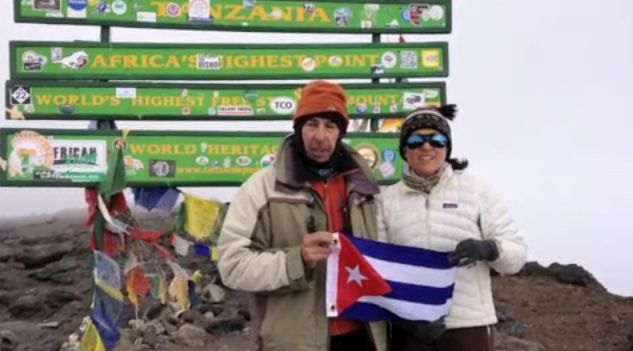In this election year, a majority of voters in both parties hold negative views of their presumed nominees. In a recent poll, only 32% of registered voters held a positive view of Mrs. Clinton, and for Mr. Trump the favorable ratings were a dismal 24%.
To increase their popularity, our political contenders will certainly indulge in the politics of “bread and circuses,” where political strategies are calculated to appease a population with populist welfare programs. In the bread and circuses approach, public support is created not by effective public policy, but through diversion, and patronage.
The term originates with the Roman practice of providing free wheat and gladiatorial games to Roman citizens to gain their political support. Today, the expression also implies a perverse erosion of civic values in the citizenry contributing to electile dysfunction.
As a political strategy, bread and circuses transcend time and space. In Spain the saying takes the form of “pan y toros” (bread and bullfights), elsewhere as “pan y fútbol” (soccer) and in Russia as “bread and spectacle.”
In contemporary Latin America “pan y circo” politics have become institutionalized reaching maximum expression in the failed economies of Cuba and Venezuela. Charlatan protagonism of the Cuban-Venezuelan type is a distinguishing characteristic of the Latin American brand of “Pan y Circo” politics where the emphasis is on the circus. The American variety has mostly focused on the bread although Mr. Trump’s populism mimics the Latin American circus.
Regardless of whether the emphasis is on the bread or the circuses, this style of politics enfeebles the formulation of effective public policy, debilitates civil society, discredits public life, undermines statesmanship, and leads to incompetent, ineffectual governments.
In the competing political philosophy discourse of American politics, the left tends to view market solutions to social problems with skepticism. To them, assigning a humanitarian task to government, say healthcare, automatically imbues the entire process with inherent morality and effectiveness.
These government tasks are supposed to correct market inefficiencies. In this view, the quality of a state should be measured by the amount of social expenditures that it incurs. The more the state spends on social subsides, the more compassionate the state is believed to be.
On the other side, critics interpret increases in the largesse of government programs as pandering politics undermining personal responsibility. To them, it is perverse logic to champion social expenditures as a fundamental “reason for being” of government.
Social expenditures rely on contributions from other sectors of society via taxation and other mechanisms. Wealth is not being created, just redistributed. The function of the state is not to redistribute the legitimately gained wealth of its citizens, although it must insure wealth is legitimately gained.
The goal of the state should be to promote socioeconomic systems where most citizens are able to provide adequately for their own needs so that most social expenditures become unnecessary.
In this view, the quality of a state should be measured in reverse proportion to the social expenditures that are required to assist the citizenry. Thus, the less the government needs to spend on social subsides, the more caring the state is thought to be. A caring state is one that fosters an economy where most citizens are able to provide adequately for their own needs.
Considering the low levels of citizen participation in American politics, and our affinity for jejune entertainment, it appears the politics of bread and circuses have aged well since the fall of the Roman Empire. In this election cycle, both front runners suffer a popularity deficit, but let’s hope our Presidential candidates refrain from bringing bread and circuses practices to the level of South Korea.
In that country, in order to increase their popularity, politicians allegedly sought to influence the vote of elderly men by giving away erectile dysfunction drugs. Votagra anyone?
Please let us know if you  this article. this article. |
|






No comments:
Post a Comment